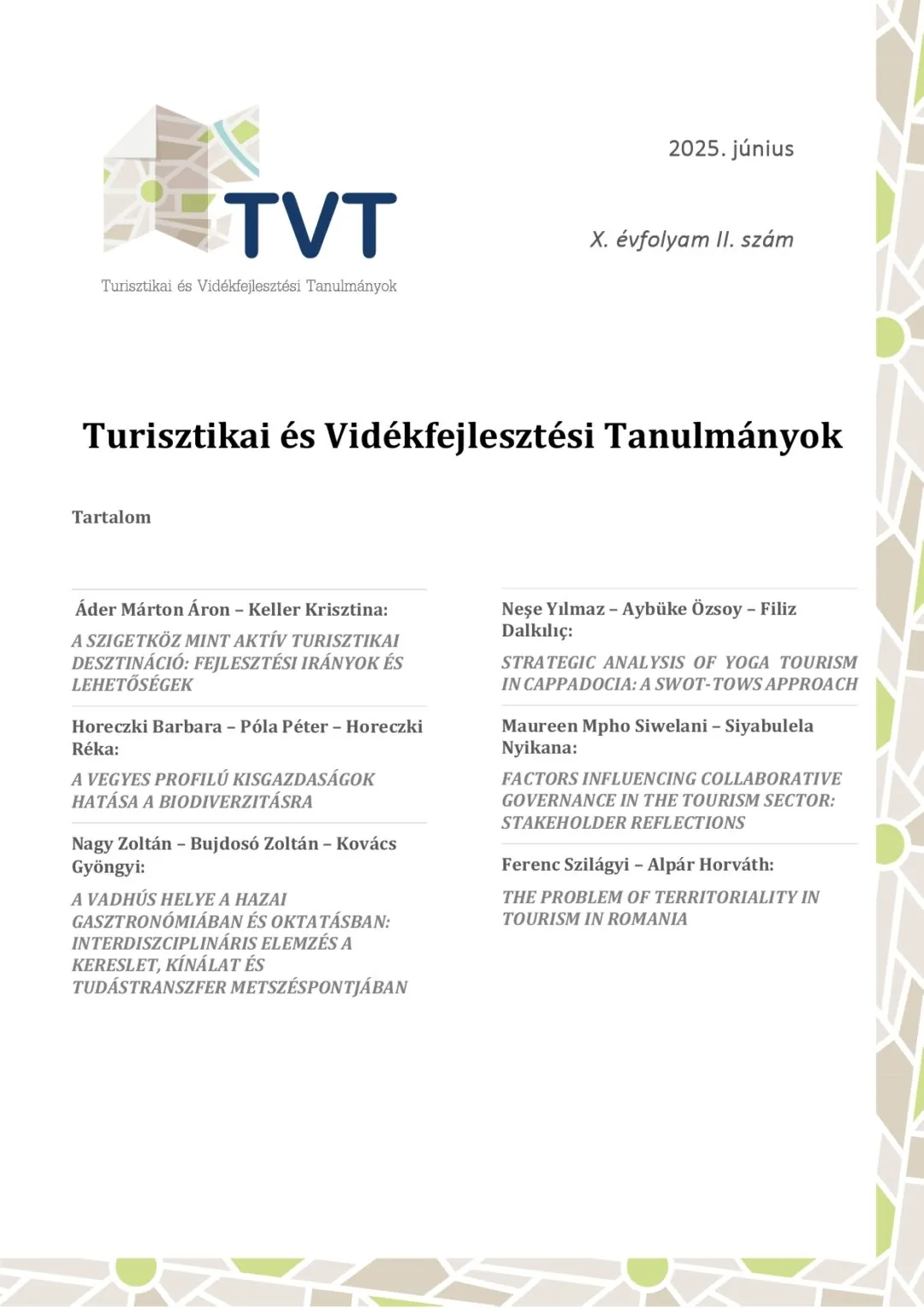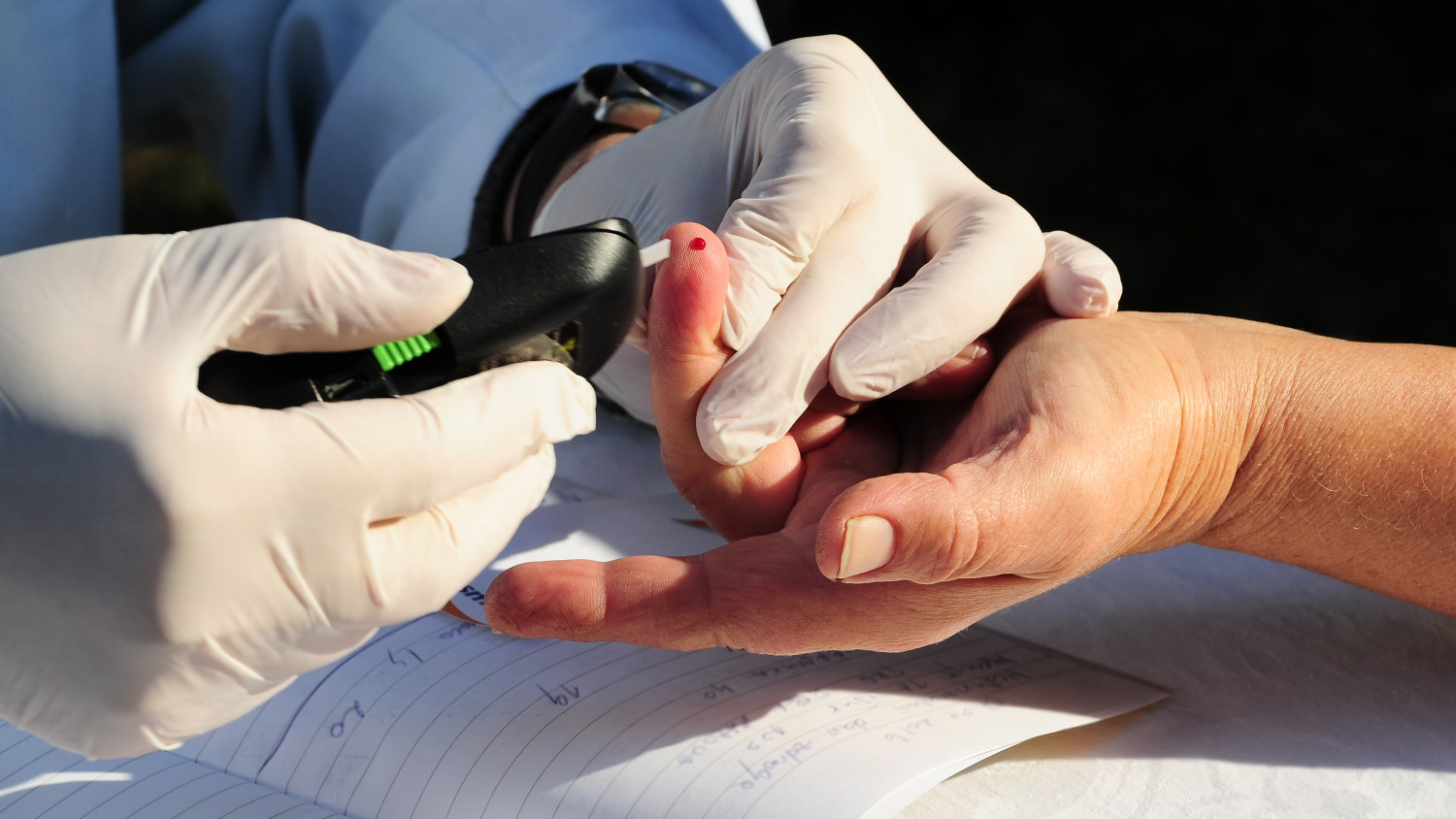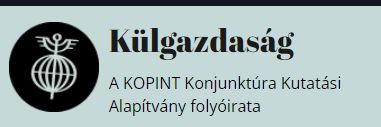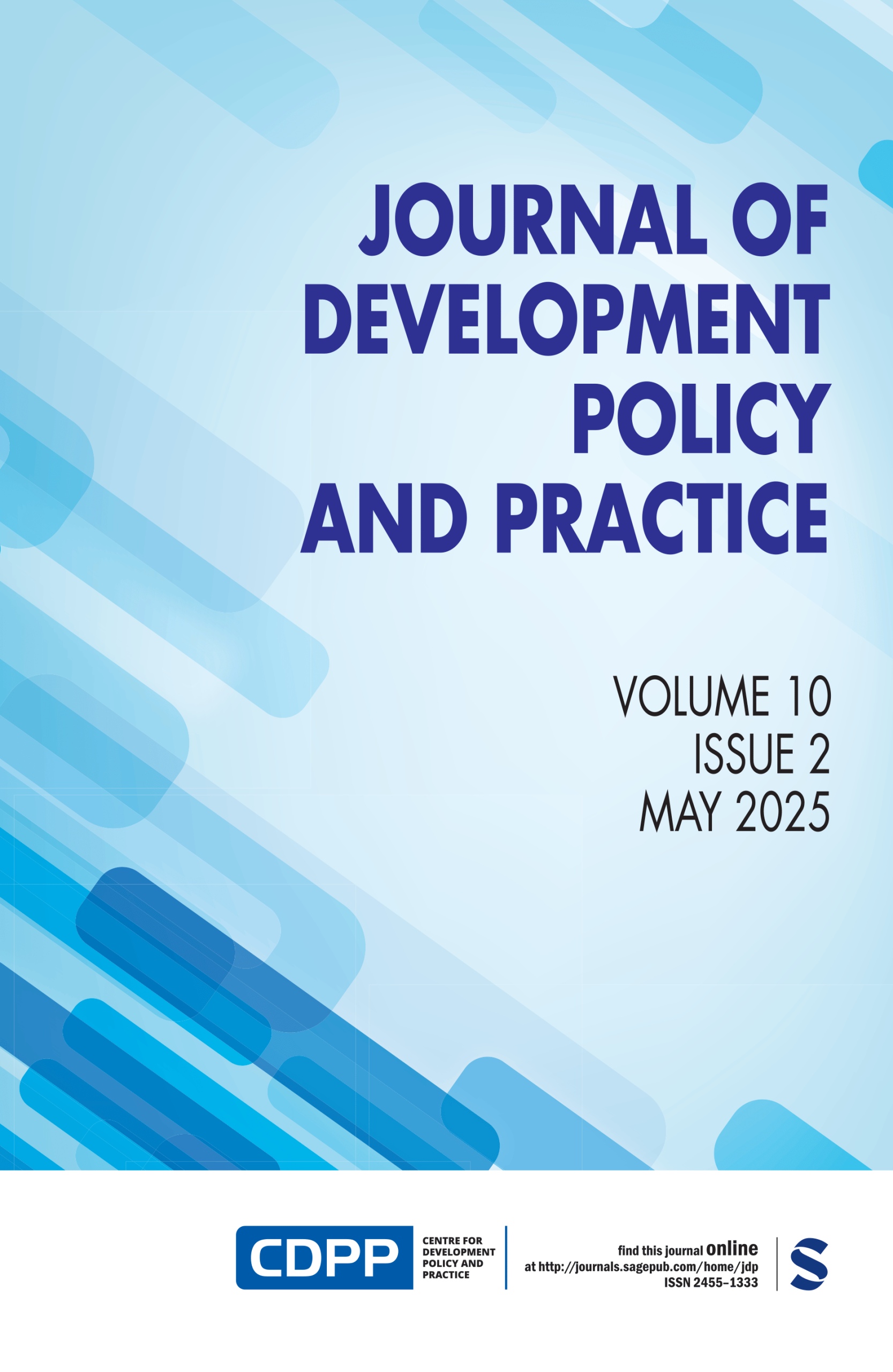Az előadásra hibrid formában kerül sor zoom felületen, illetve személyesen a K.13-14 terem; 2024.05.23-án, 13.00 órától.
 Steffen Müller
Steffen Müller
/Halle Institute for Economic Research (IWH)/
Minimum Wages, Productivity, and Reallocation
Absztrakt:
We study the productivity effect of the German national minimum wage combining administrative firm datasets. We analyze firm- and market-level effects, considering output price changes, factor substitution, firm entry and exit, labor reallocation, and short- versus long-run effects. We document higher firm productivity even net of output price increases. Productivity gains are persistent in manufacturing and service sectors. The minimum wage also increased manufacturing productivity at the aggregate level. Neither firm entry and exit nor other forms of employment reallocation between firms contributed to these gains. Instead, aggregate productivity gains from the minimum wage solely stem from within-firm productivity improvements.
Short bio: Steffen Müller is a Professor at the Otto von Guericke University Magdeburg and head of the Department of Structural Change and Productivity at the Halle Institute for Economic Research (IWH) since 2014. His research interest focuses on structural changes in the labor market with special emphasis on worker-firm relations and the role of firm productivity. He also conducts research intending to describe and understand the economic gap between East and West Germany.









